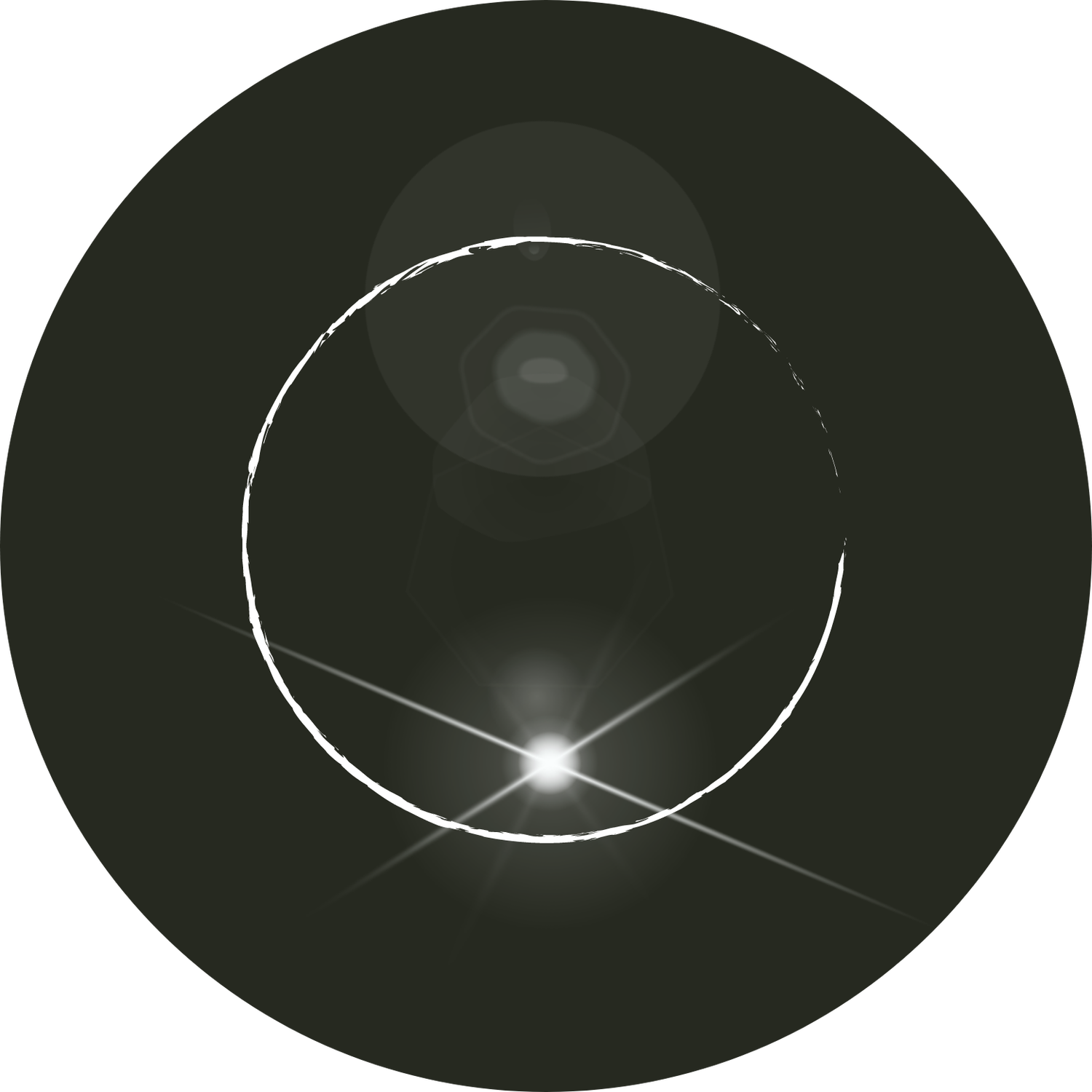Reducing Social Media and Smartphone Use among Czech Female University Students During the Covid-19 Pandemic: An Experimental Study of the Chamber REST Intervention.
Malůš, M. (2023). Reducing Social Media and Smartphone Use among Czech Female University Students During the Covid-19 Pandemic: An Experimental Study of the Chamber REST Intervention. Človek a Spoločnost, 26(1), 1–23. https://doi.org/10.31577/cas.2023.01.616
This study suggests that the combined chamber REST interventions can significantly reduce the time spent on smartphones and social media. This can have a positive effect on aspects of mental health such as problematic use of smartphones, fear of missing out, trait anxiety and to some extent, satisfaction with life.
Modification of Peak Plasticity Induced by Brief Dark Exposure.
Duffy, K. R., Crowder, N. A., Mitchell, D. E., & Lingley, A. J. (2019). Modification of Peak Plasticity Induced by Brief Dark Exposure. Neural Plasticity, 2019(2019), 1–10. https://doi.org/10.1155/2019/3198285
Immersion in complete darkness for long durations (dark rearing) has long been known to alter plasticity capacity by modifying plasticity-related molecules and slowing progress of the critical period. In this study, we investigated the possibility that brief darkness (dark exposure) imposed just prior to the critical period peak can enhance the level of plasticity beyond that observed naturally.
Crossmodal Induction of Thalamocortical Potentiation Leads to Enhanced Information Processing in the Auditory Cortex.
Petrus, E., Isaiah, A., Jones, A. P., Li, D., Wang, H., Lee, H. K., & Kanold, P. O. (2014). Crossmodal Induction of Thalamocortical Potentiation Leads to Enhanced Information Processing in the Auditory Cortex. Neuron (Cambridge, Mass.), 81(3), 664–673. https://doi.org/10.1016/j.neuron.2013.11.023
Sensory systems do not work in isolation; instead, they show interactions that are specifically uncovered during sensory loss. To identify and characterize these interactions, we investigated whether visual deprivation leads to functional enhancement in primary auditory cortex (A1).
Effect of short-term restricted environment stimulation on perceived stress.
Vytykačová, S., Soláriková, P., Masarovičová, T., & Horňáková, M. (2022). Effect of short-term restricted environment stimulation on perceived stress. Psychologie a Její Kontexty, 13(1), 49–61. https://doi.org/10.15452/PsyX.2022.13.0004
Existential meaning in life, mindfulness and self-esteem in the context of restricted environmental stimulation.
Marek Malůš, Martin Kupka, & Daniel Dostál. (2016). Existential meaning in life, mindfulness and self-esteem in the context of restricted environmental stimulation. Psychologie a její kontexty, 7(2), 59–72.
Blocking blue light during mania – markedly increased regularity of sleep and rapid improvement of symptoms: a case report.
Henriksen, T. E., Skrede, S., Fasmer, O. B., Hamre, B., Grønli, J., & Lund, A. (2014). Blocking blue light during mania – markedly increased regularity of sleep and rapid improvement of symptoms: a case report. Bipolar Disorders, 16(8), 894–898. https://doi.org/10.1111/bdi.12265
Exploring Effect of Chamber Restricted Environmental Stimulation Therapy on Salivary Cortisol and Information Overload in Young Adults.
Bartolen, I., & Soláriková, P. (2024). Exploring Effect of Chamber Restricted Environmental Stimulation Therapy on Salivary Cortisol and Information Overload in Young Adults. NeuroRegulation, 11(2), 160–171. https://doi.org/10.15540/nr.11.2.160
